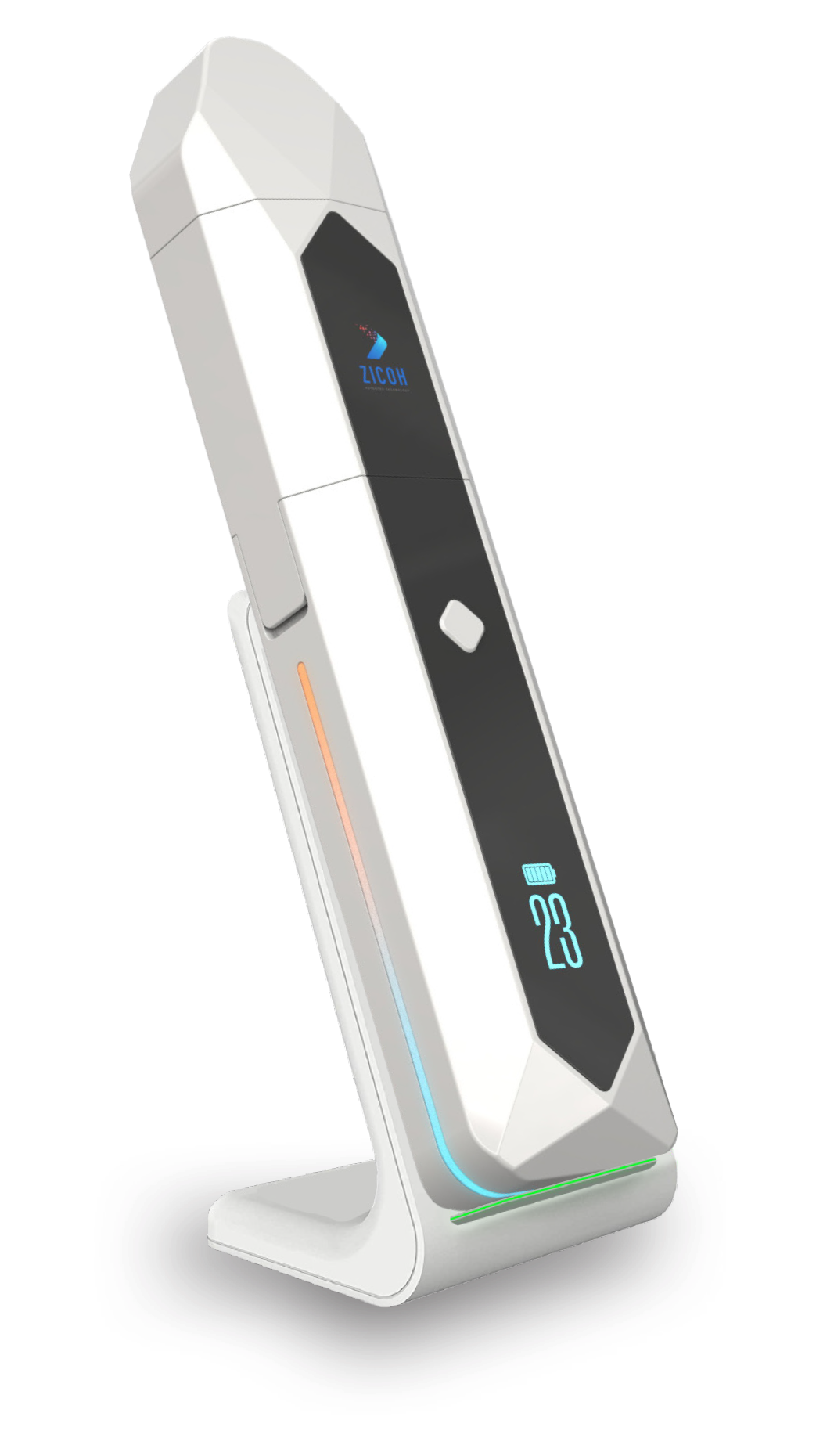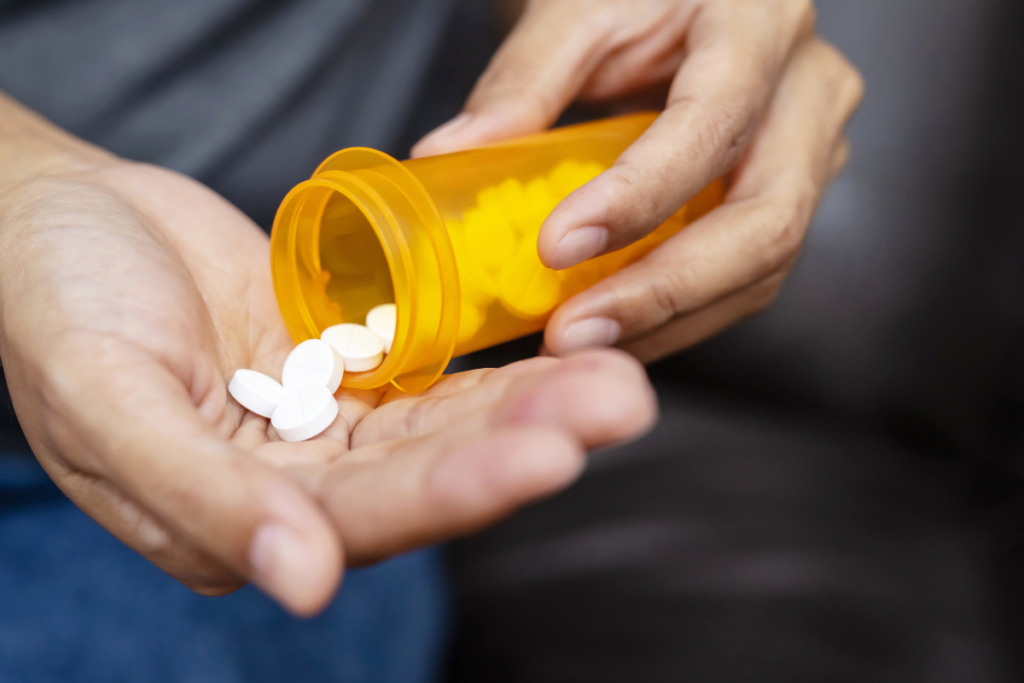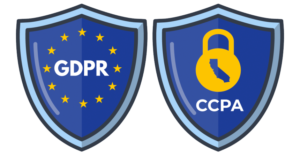Opioid addiction is a chronic, life-long disease characterized by a compulsive desire to seek and use opioids, regardless of any negative consequences. Like all addictions, opioid addiction is considered a brain disorder because it involves physical and psychological changes in the brain.
If left untreated, addiction can seriously affect a person’s overall health and well-being. By understanding what causes opioid addiction, along with some of the signs and symptoms associated with the disease, those struggling with addiction may feel empowered to seek treatment.
If left untreated, opioid addiction can seriously affect a person's overall health and well-being.
What Makes Opioids Addictive?
Opioids are a class of drugs that include prescription opioids, heroin, and synthetic opioids. Because of how they interact in the brain, opioids can be highly addictive, even to those who initially take them as prescribed by their physician.
Opioids can be highly addictive, even to those who initially take them as prescribed.
Opioids work by binding to the mu-opioid receptors in the central nervous system. Upon stimulation, dopamine is produced and released, reducing pain. Unfortunately, opioids also create a feeling of euphoria, which is what oftentimes makes people initially abuse opioids.
Over time, a person using opioids often develops a tolerance and may eventually become dependent on and addicted to the drug.
When a person is addicted to opioids, their drug use is no longer voluntary. According to brain imaging studies conducted on individuals with a history of opioid use, individuals using opioids long-term experience physical changes in the areas of the brain responsible for executive functioning, which may help explain the compulsive nature of addiction.
When a person is addicted to opioids, their drug use is no longer voluntary.
For example, the feedback from the prefrontal cortex helps people overcome the desire to obtain pleasure through actions that may be unsafe, such as taking opioids. Unfortunately, this feedback seems to be compromised in those addicted to opioids, resulting in continued use despite negative consequences.
Withdrawal Symptoms
Withdrawal symptoms occur in patients who have developed a tolerance to opioids, and these symptoms are a key driver of opioid dependence and addiction.
Symptoms of withdrawal may include physical symptoms, like nausea or muscle pain, or psychological symptoms, like anxiety.
The cravings associated with drug withdrawal will likely escalate over time, and the symptoms usually peak around a day or two after a person stops taking opioids.
For most people, withdrawal symptoms gradually reduce within a week of stopping opioid usage. Unfortunately, those with opioid addiction may experience symptoms for months or even years after discontinuing opioid use, increasing their risk of relapse.
What Are the Signs of Opioid Addiction?
According to the United States Centers for Disease Control and Prevention (CDC), signs of opioid addiction may include:
- The inability to stop using opioids
- Having intense cravings for opioids
- Overdosing on opioids
Opioid Addiction is Devastating
Opioid addiction can happen to anyone. While it’s particularly devastating to see the negative consequences of opioids happen to those originally seeking relief from pain, Vivera aims to reduce the prevalence of addiction by focusing on non-addictive pain management solutions.
If you or a loved one are experiencing opioid addiction, please call the Substance Abuse and Mental Health Administration’s (SAMHSA) free National Helpline. The phone number is 1-800-662-HELP (4357).


A Solution to the Opioid Crisis
ZICOH will utilize a secure database integrated with AI to form a unique software architecture and advanced patented technology, making it the first device of its kind to enable effective communication through the drug supply chain, from drug manufacturers to wholesalers, distributors, pharmacists, providers, physicians, caregivers, and patients. The device can be programmed to dispense the medication dosage amount, type, and frequency to patients according to the health care provider’s orders and delivery schedule. Each of its features helps ensure patient compliance and patient follow-up, consequentially reducing the risk of addiction and overdose.


